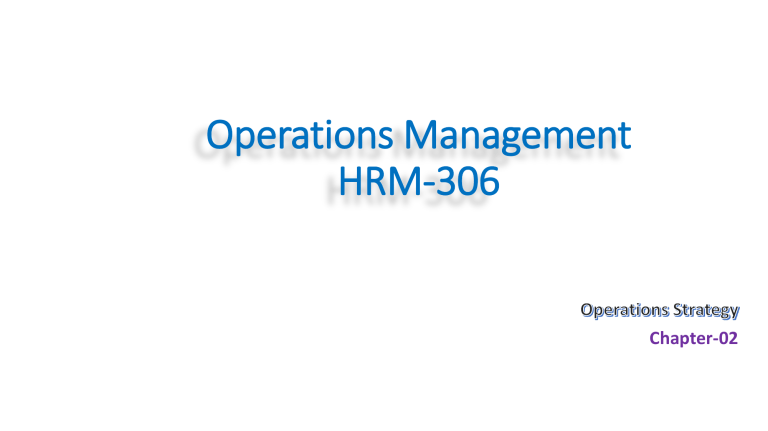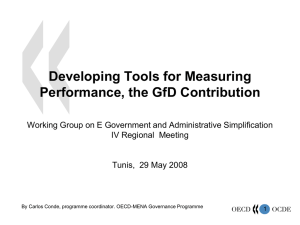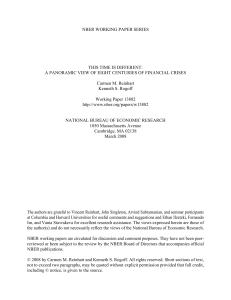
Operations Management HRM-306 Chapter-02 Q. 01 Operation Strategy Themeans mean by operations implements firmcorporate corporate The bywhich whichhow operations implements thethe firm's strategyand and helps help totobuild firm is is called operations strategy buildaacustomer customerdriven driven firm called operations strategy. strategy. Operations strategy links long-term and short-term operations decisions to strategy corporatelinks strategy and develop the capabilities the firm Operations long-term and short-term operations need to betocompetitive. decisions corporate strategy and develops the capabilities the firm needs to be competitive. Q. 02: Developing a customer driven operation strategy .Corporate strategy Market analysis Competitive priorities No New service/ product Development yes Operation Strategy Performance Gap Competitive capabilities Corporate strategy 1. Environmental Scanning 2. Core Competencies • • • • Work force Facilities Market and financial know-How Systems and technology 3. Core Process • • • • Customer relationship New product/ service development Order fulfillment Supplier relationship 4. Global Strategy • Strategic Alliances • Locating Abroad 5. Flexibility of the environment Your strategy is to be enough flexible to cope with the changeable environment. • Scenario Building • Reality check • Communication • Hire • Shortaining Shortening the budget cycle. Market Analysis: 1. Market segmentation 2. Need assessment a) b) c) d) Service or product need Delivery system needs Volume needs Others need (reputation, technical support) 3. Targeting Target Market & Positioning Competitive priorities and capabilities: Cost 1. Low-cost operations Quality Time 2. Top Quality 3. Consistency quality 4. Delivery speed 5. On-time delivery 6. Development speed Flexibility 7. Customization 8. Variety 9. Volume flexibility New product and service New product and service Development: Development: Development Strategy: Development Strategy: 1. Product variety 2. Design 3. Innovation 4. Service 5. Leader 6. Middle of the road 7. Laggard Service & Product Definition: Service Service Package: Package 1. 2. 3. 4. Supporting facility Facilitating goods Explicit service Implicit service Development Process: . Design Service or product not profitable Analysis Need to rethink the new offering or production process Development Post launch review Full launch Quality function deployment: Quality function deployment: GFD is a means of translating customer requirements into the appropriate technical requirements for product and service development. 1. Voice of customer Engineering uses the data to focus on significant service or product design feature. 2. Competitive analysis Marketing uses the information to set marketing strategies. 3. Voice of the engineer Operations uses the information to identify the processes that are crucial to improving quality as perceived by the customer. 4.encourages Correlation GFD interfunctional communication for the purpose of improving the quality of services and products. 5. Technical comparison Quality Function Deployment seeks to answer the following questions: 6.of customer: Trade-offs Voice What do our customers need or want? GFD approach provides a way to set targets and debate their effects on quality. Competitive analysis: How well are we doing compared to our competition? Voice of the engineer: What technical measures relate to our customers' needs? Correlations: What are the relationships between the voice of the customer and the voice of the engineer? Technical Comparison: How do our products' technical features compare to our competition? Trade-offs: What are the technical trade-offs. Chart*** THANKS EVERYONE


